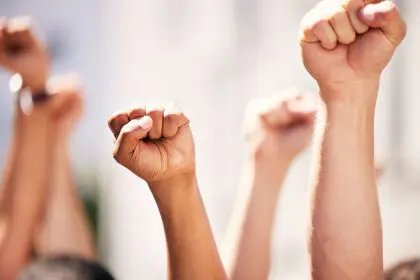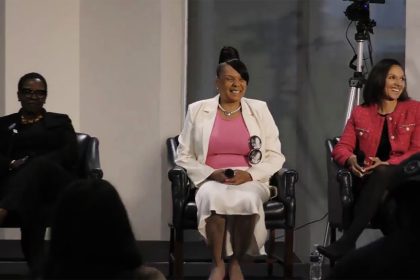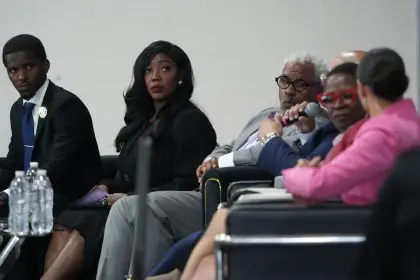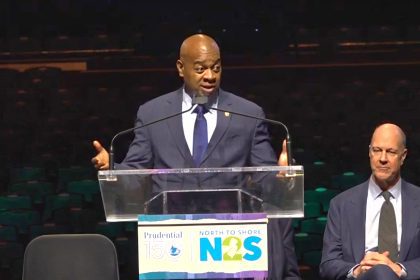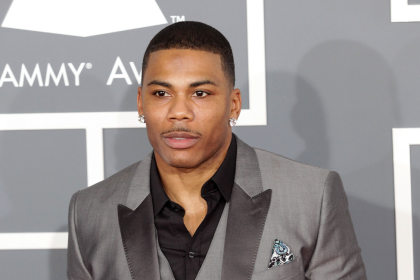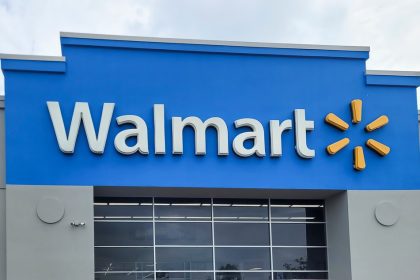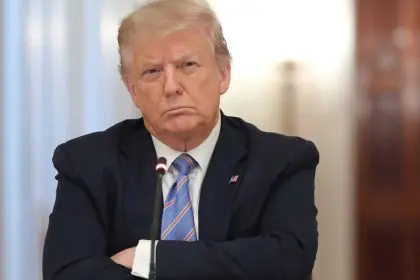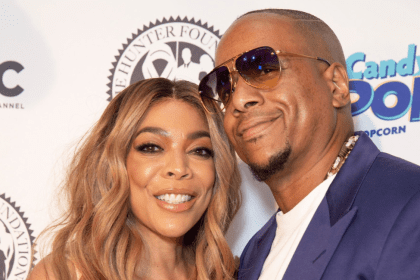
Stefanie Brown James is a young and influential power player who has worked behind the political scenes. A politically passionate person, her efforts were essential in getting out the Black vote for President Barack Obama in 2008 and in 2012 working directly with the White House. Her company Vestige Strategies has worked both domestically and internationally to develop political strategies and solutions for various diverse communities. As CEO of Brown Girls Lead she continues to inspire young women to break through obstacles and reach their highest potential. Rolling out spoke with Brown James on a myriad of issues affecting the Black community:
Will the black vote still be pivotal in the upcoming 2016 elections?
Yes, I definitely think the Black vote is pivotal and will continue to be in the next few presidential cycles. One of the things we started to see in 2008 is that the share of the Black vote continues to rise and in 2012 for the first time in history we saw that the number of Blacks who came out to vote surpassed White voters. So I think that it’s going to be an uphill battle for community organizations and political campaigns to reach out to Black voters to make sure they continue to come to the polls. I definitely believe it is worth all efforts possible to make sure Black voters are educated registered and turn out to the polls next November.
Why do think we are still dealing with Black voter apathy?
A lot of times we do not do a good enough job of tying voting to issues. At the end of the day especially when it comes to the Black community we are more likely to vote for candidates who effect our issues and concerns and values than we are to vote for a candidate just because they come to our churches. We are a lot more sophisticated than we have been. I think you will see more political campaigns give more resources toward outreach in the Black community because they understand —especially when it comes to Black women — if you don’t engage and turn out this core demographic, then you will totally suffer at the polls. If you look back to 2012 there were a few states in which we increased the Black voter turnout as opposed to the 2008 numbers. Specifically in Ohio, Michigan and Virginia and if the Black vote had not increased, Barack Obama would not have won the 2012 election.
Despite Black gains politically, there are still communities of color that seem to be stuck in a time warp when it comes to issues of not only Civil Rights but Human Rights. Why do you think this is?
I think one of the good wake-up calls that came out of Ferguson is the direct connection between citizens voting and elected representatives. So you have, for example, in Ferguson where the city council was majority white and the community was majority Black and one major reason for this is because there was a terribly low voter participation. As soon as the link began to strengthen with “Look you all need to get out and vote if you want see your representatives reflect the community and if you don’t it’s going to continue to be all White.” I think once that connection was plainly made you started to see changes, which is why you now have Blacks sitting on the city council in Ferguson and also in cities across the country. The education piece is so important so people need to realize that you not voting is a vote. You can vote or not vote but either way you are voting and you might as well if you’re eligible to vote you might was well utilize that opportunity to elect people who are reflecting your values, passions and concerns in the community. Otherwise if you don’t you are going to be stuck with people who have no clue about your issues and a lot of times will not even care what your issues are. So I think we are starting to see people wake up to that fact.
What role do you hope your company, Vestige Strategies, will play in getting communities like these unstuck?
I really think Vestige Strategies is a helpmate to organizations that want to establish strong connections in the community. So, for example, in 2014 we led a coalition of some of the major civil rights groups to help them create a strategy on how they could better work together to do civic engagement work in the Black community. So we are best at helping organizations be better in the work that they do to reach out to the community. In 2016 I know we will continue to play that role, we are very much behind the scenes folks and I am really looking forward to keeping the spotlight on the fact that the most important voting bloc in America is the Black community. I know that we have a rise in Latino voters but when you look at the Black vote share if we don’t come out to vote it will make significant ripples in who is elected president, governor, legislators and so on.
Our people still seem to be brutalized by the police across the country. To the affected populace what strategy should they employ?
I think that we have so many organizations who are involved on the local, state and national level who have particular strengths. I’m talking about organizations like the Urban League, which focuses on economic empowerment, Hands up United in Ferguson that go door to door to make sure people are aware of the issues and keep the spotlight on the issues. I think we need to have organizations that “stay in their lane” and do what they do best. I say that because while we do have the national attention upon the disproportionate violence against Black people, especially black men, in this country we continue to have other issues as well that are killing Black people. These issues are not as public in a way but issues such as health disparities. For example, the number of Black kids that die from asthma is three times greater than those that die from violence in the Black community. This is as a result of climate change issues, locations of polluting power plants and chemical plants for example being right near elementary schools in Black communities. I think we need to see for organizations in the community to figure out how we can partner to find out “how I can help you where you are weak and how you can help where you are strong.”



